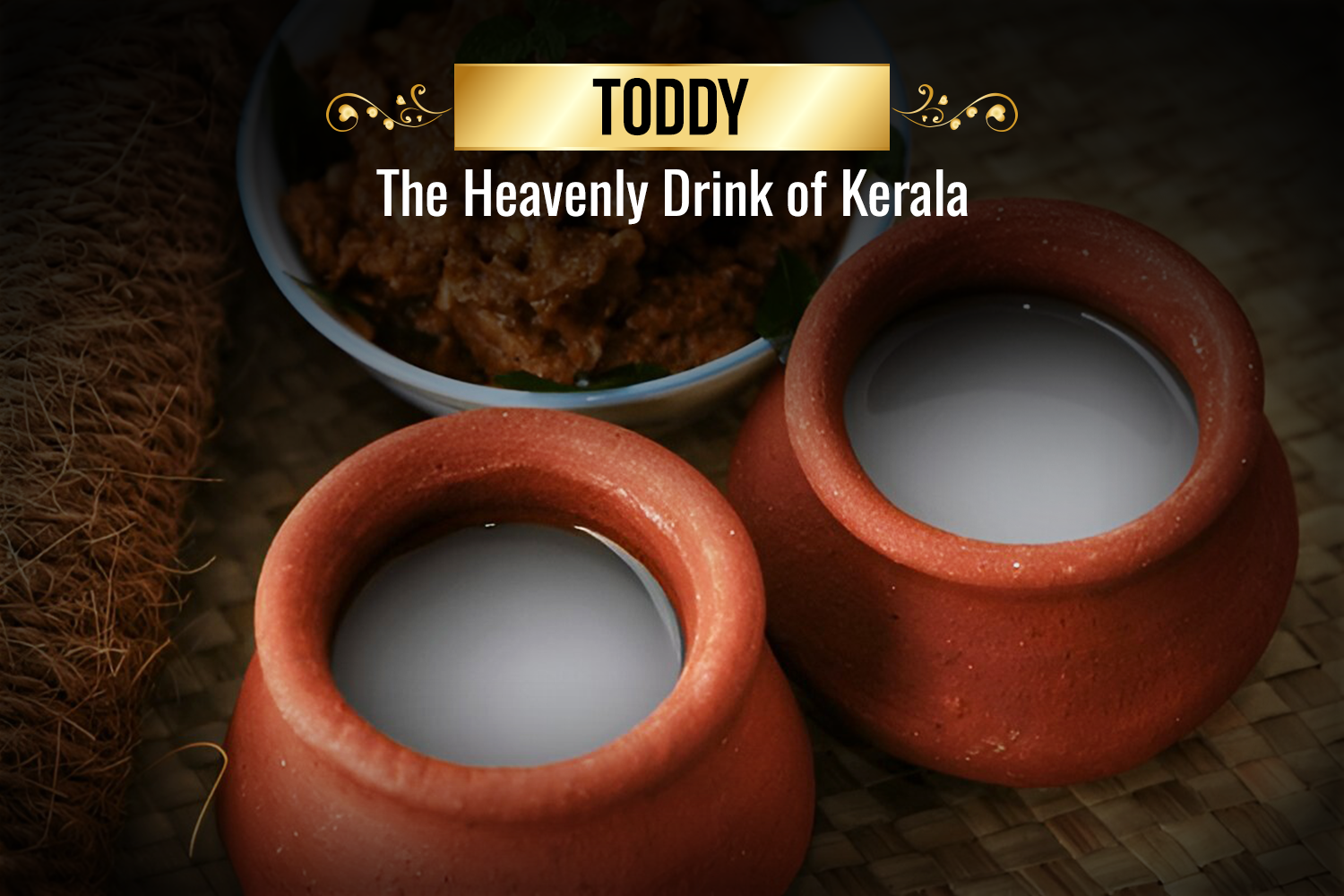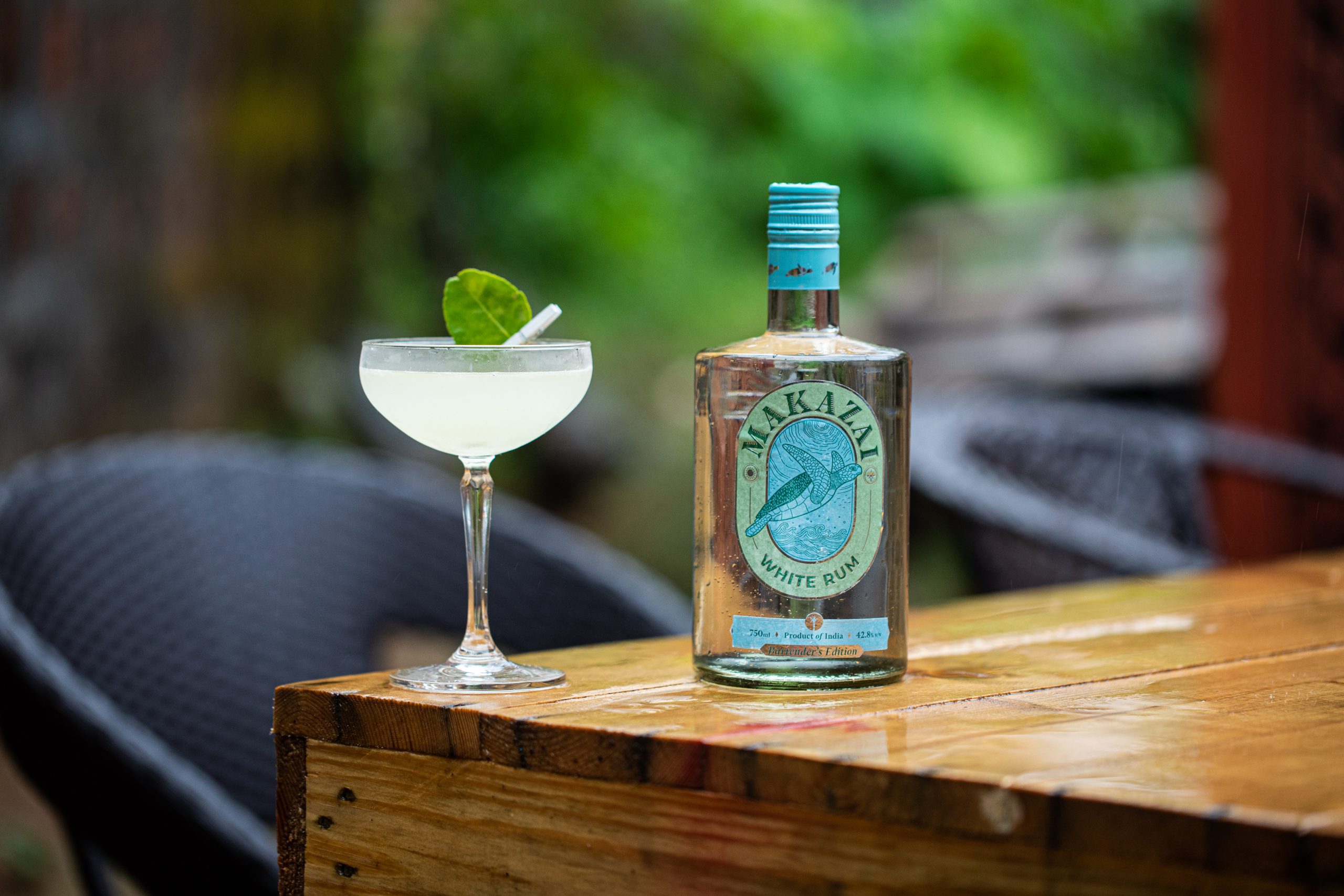Kerala, often dubbed “God’s Own Country,” is renowned for its lush landscapes, rich culture, and vibrant cuisine. Among its many treasures, toddy, a traditional alcoholic beverage made from the sap of coconut trees, holds a special place in the hearts of locals and tourists alike. This blog will delve into the origins, preparation methods, and cultural significance of toddy, celebrating its unique flavors and the experience it offers.
1. Introduction to Toddy
Toddy, locally known as kallu, is a naturally fermented drink that embodies the essence of Kerala’s cultural heritage. Made from the sap of coconut trees, it is a favorite among locals, often enjoyed in social settings or as an accompaniment to traditional Kerala cuisine.
2. The Origins of Toddy
The practice of tapping coconut trees for their sap and making toddy dates back centuries. Traditionally, toddy tapping is performed by skilled artisans known as toddy tappers, who play a vital role in Kerala’s agricultural economy. The drink is not only a source of livelihood for many but also an integral part of local customs and celebrations.
3. How Toddy is Made
The process of making toddy is both art and science, involving several key steps:
- Tapping the Tree: Skilled tappers carefully make incisions in the flower buds of coconut trees to collect the sap.
- Collection: The sap, which is sweet and rich in nutrients, is collected in earthen pots. This sap begins to ferment naturally, turning into toddy.
- Fermentation: Within a few hours, the sap ferments, developing a slightly sour and fizzy taste.
- Serving: Once fermented, the toddy is ready to be served fresh, often within 24 hours.
4. The Taste of Toddy
Toddy has a distinct flavor profile that varies depending on factors like the time of collection and fermentation duration. It typically has a sweet, slightly tangy taste with a hint of fizz, making it a refreshing drink, especially in Kerala’s warm climate.
5. Cultural Significance of Toddy in Kerala
In Kerala, toddy is more than just a drink; it is a symbol of hospitality and tradition. It often accompanies meals, particularly spicy dishes like kerala parotta, appam, and seafood curries. Toddy shops, known as kallu shaap, are popular gathering spots for friends and family, where stories are shared and bonds are strengthened.
6. Toddy and Its Health Benefits
While enjoying toddy in moderation, many believe it offers various health benefits, including:
- Rich in Nutrients: Toddy is packed with vitamins and minerals, including potassium, calcium, and Vitamin C.
- Probiotic Qualities: The fermentation process enhances its probiotic properties, promoting gut health.
- Natural Energy Booster: The drink is a natural source of energy, making it a refreshing choice for hot days.
7. How to Enjoy Toddy
Toddy is best enjoyed fresh and served in a traditional manner:
- Serve Chilled: Toddy is often enjoyed chilled, enhancing its refreshing quality.
- Pair with Local Cuisine: Pairing toddy with traditional Kerala dishes elevates the tasting experience.
- Savor Responsibly: As with all alcoholic beverages, moderation is key.
8. Frequently Asked Questions (FAQs)
Q1: Is toddy available outside Kerala?
A: Toddy is primarily a local beverage, but some specialty shops may carry it in urban areas across India.
Q2: How long can toddy be stored?
A: Toddy is best consumed fresh and should ideally be consumed within a day or two of tapping.
Q3: Can toddy be made from other trees?
A: While coconut trees are the most common source, sap can also be collected from palm trees to make similar drinks.
9. Conclusion: The Allure of Toddy
Toddy is a quintessential part of Kerala’s culture, representing the region’s agricultural heritage and communal spirit. With its unique flavors and rich history, it invites everyone to experience a taste of Kerala’s hospitality. Whether you’re a local or a traveler, sipping on a glass of fresh toddy is an experience that transcends generations and brings people together.























Leave a Reply